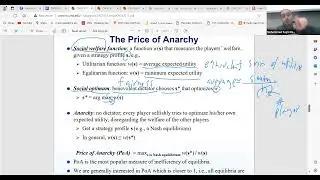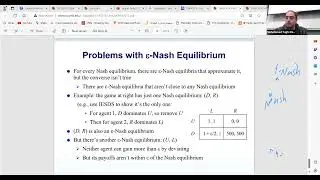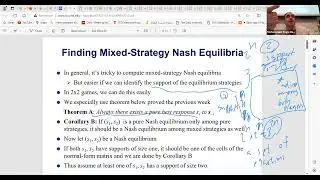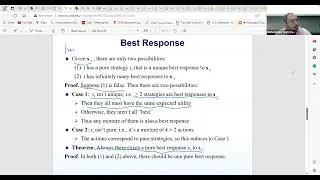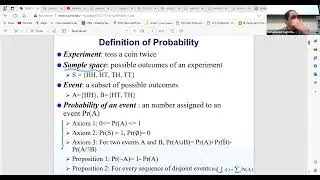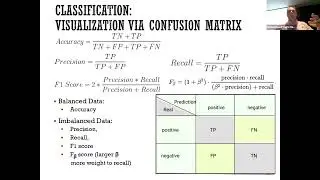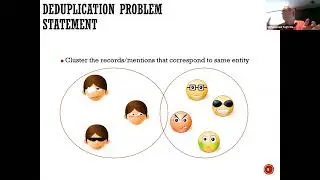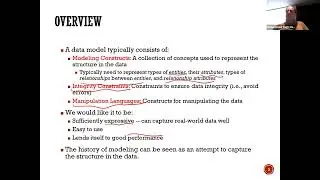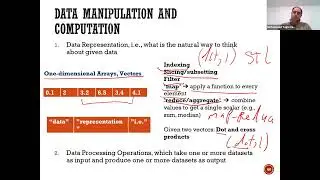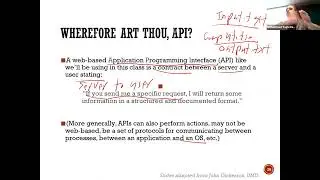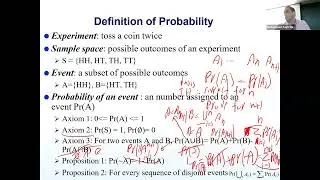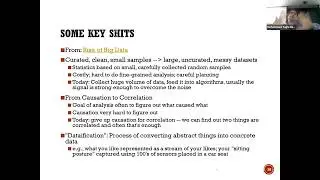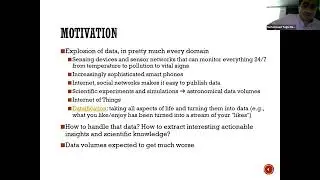Lesson 3: Principles of Data Science by Mohammad Hajiaghayi: Basic Concepts and Tools, Part 1
In this session, we discussed basic concepts and tools of data science. In particular, we delved into the fundamentals of data science, outlining the essential steps of data preprocessing, analysis, visualization, and communication. To effectively navigate this process, we discussed the conceptual tools and programmatic concepts necessary for the course, including statistics and various software tools. Our focus this week centers on probability theory, covering basics such as experiments, sample spaces, events, and the calculation of probabilities. A solid understanding of probability theory is crucial for mastering machine learning concepts and tackling interviews at top companies.
Probability theory forms the cornerstone of data science and machine learning, underpinning essential concepts like AB testing and statistical inference. Through the fundamental axioms of probability theory, we gain insights into events, sample spaces, and the calculation of probabilities. Additionally, we explored more advanced topics such as joint probabilities and conditional probabilities, essential for solving real-world problems in data science and machine learning applications.
Looking ahead, we will delve into linear programming, graph theory, and other foundational tools crucial for data analysis and machine learning. Linear programming techniques, such as Pulp, enable optimization in practical scenarios, while graph theory provides a framework for modeling relationships and solving complex problems. We will also explore practical tools like NetworkX for graph algorithms and discuss cloud computing and containers, which are integral to modern data science workflows. Stay tuned for more insights and hands-on learning in our upcoming sessions.
#probabilitytheory,#machinelearning,#linearprogramming,#graphtheory,#cloudcomputing,#dataanalysis,#AI,#STEMEducation,#Algorithms,#DataVisualization #python,#ProgrammingLanguages,#datascience,#BigData,#Innovation,#Interdisciplinary,#Technology,#Opportunities,#MachineLearning,#CloudComputing,#SystemDesign,#Quantum,#EmergingTechnologies,#SelfDrivingCars,#Challenges,#SocietalImpacts,#Integration,#FutureTech,#Advancements,#SocietalImplications,#InclusiveFuture,#DataEthics,#TechnologicalFuture.

![[FREE] SLIMESITO x BEEZYB TYPE BEAT 2022 -](https://images.videosashka.com/watch/1EoTITwenvE)






